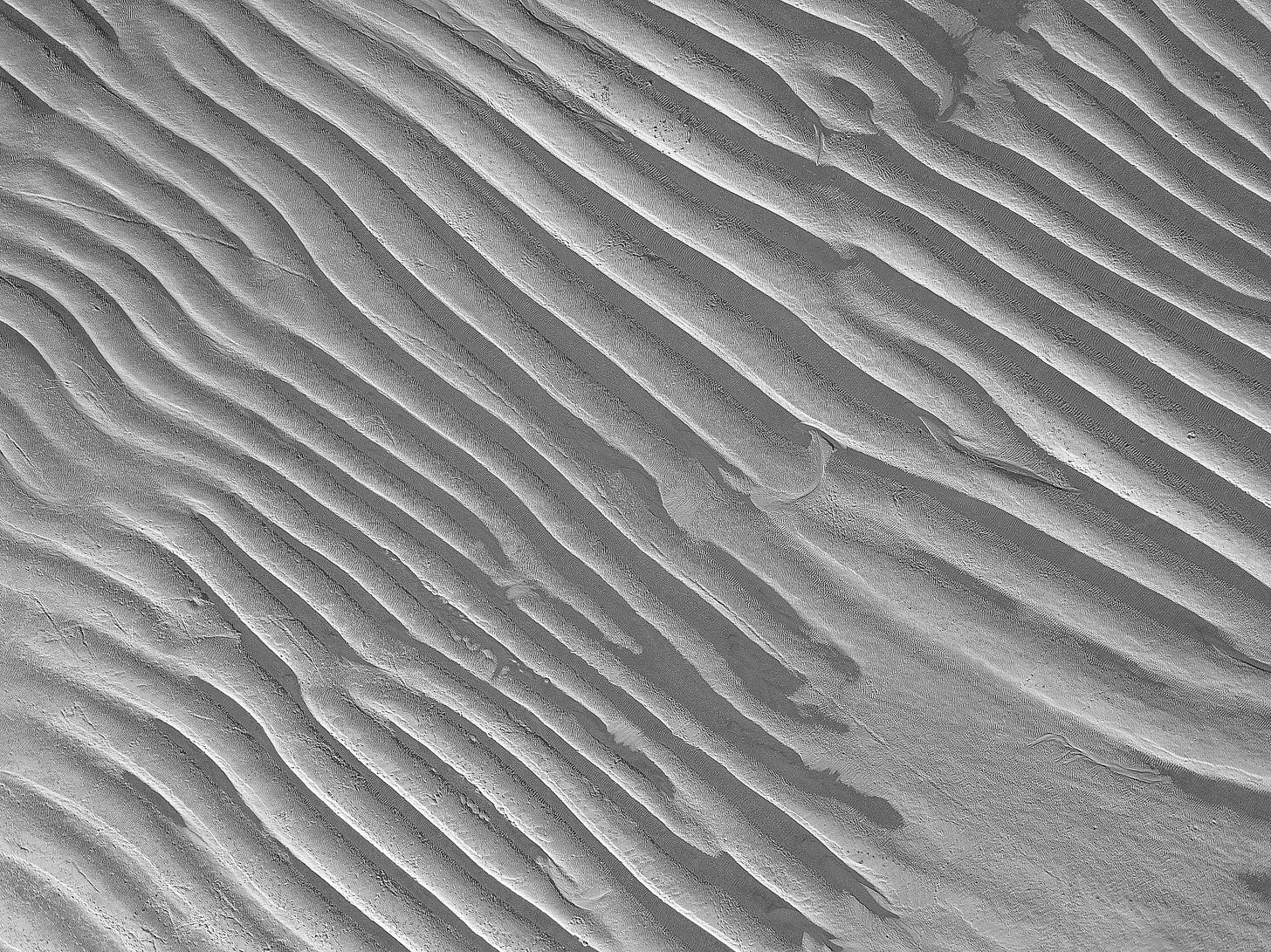The Evolution of Global Health: Tracing Historical Ideas and Practices [Essay]
Newsletter Edition #222 [The Files In-Depth]
Hi,
This week we take a step back, and try to understand current developments in global health in a historical context.
For today’s edition, I have to thank Vivek N. D., an International Relations scholar, who is a part of our Fellowship program this year. In this vast analysis, he traces the antecedents to the International Health Regulations, and global health security as we understand today.
We hope you find this timely and insightful as I have.
Support public interest global health journalism, become a paying subscriber. Tracking global health policy-making in Geneva is tough and expensive. Help us raise important questions, and in keeping an ear to the ground. Readers paying for our work makes this possible.
Our gratitude to our subscribers who help us stay in the game!
In the coming weeks in July and August, we will have fewer editions than usual, taking advantage of a less frantic global health news cycle in Geneva. I also take this time to work on business and operational areas of this initiative. These are urgent and crucial efforts that shape the future and viability of Geneva Health Files.
Thank you for understanding.
In case you missed it from earlier in the week: a wrap of Q2 ‘24 from us. And a new podcast episode!
Until later.
Best,
Priti
Feel free to write to us: patnaik.reporting@gmail.com. Follow us on X: @filesgeneva
I. ESSAY
The Evolution of Global Health: Tracing Historical Ideas and Practices
By Vivek N.D.
The author is an International Relations scholar with an interest in global health governance. He is affiliated with the Department of Political Science, University of Hyderabad, India.
From the rudimentary medical practices in the colonial era to the sophisticated international health systems of today, the journey of global health reflects a dynamic interplay of science, politics and human resilience.
This essay explores this multifaceted journey, uncovering how past endeavours have shaped current global health policy, and continue to influence the initiatives to fight contemporary health challenges. The essay not only highlights pivotal moments and figures, but also underscores the enduring importance of international cooperation in tackling transnational health threats.
Tracing the Arc of International Health to Global Health
The history of global health is a compelling narrative that weaves through centuries of scientific discovery, social transformation and international collaboration. From the early days of colonial medicine, when health interventions often served imperial interests, to the establishment of pivotal institutions like the World Health Organisation (WHO), global health practices have continually evolved to meet the needs of an interconnected world. This evolution has been marked by ground-breaking advancements and critical challenges, such as the eradication of smallpox, the ongoing battle against HIV/AIDS, and the recent COVID-19 pandemic. Understanding this history is crucial for addressing today's global health issues and for fostering a future where health equity is a universal reality.
This essay examines the evolution of global health, beginning with an exploration of its early motives and genesis, tracing back to the roots of colonial medicine and early international health endeavours.
The first section delves into the historical contexts and the driving forces behind the emergence of global health as a distinct field, highlighting key events that shaped its development.
Subsequently, the essay examines the profound impact of globalisation on health, analysing how interconnected economic, social and political dynamics have influenced health outcomes worldwide.
It concludes by emphasising on the complexities of global health governance (GHG) in the era of globalisation, climate change and transnational health threats.

Keep reading with a 7-day free trial
Subscribe to Geneva Health Files to keep reading this post and get 7 days of free access to the full post archives.




